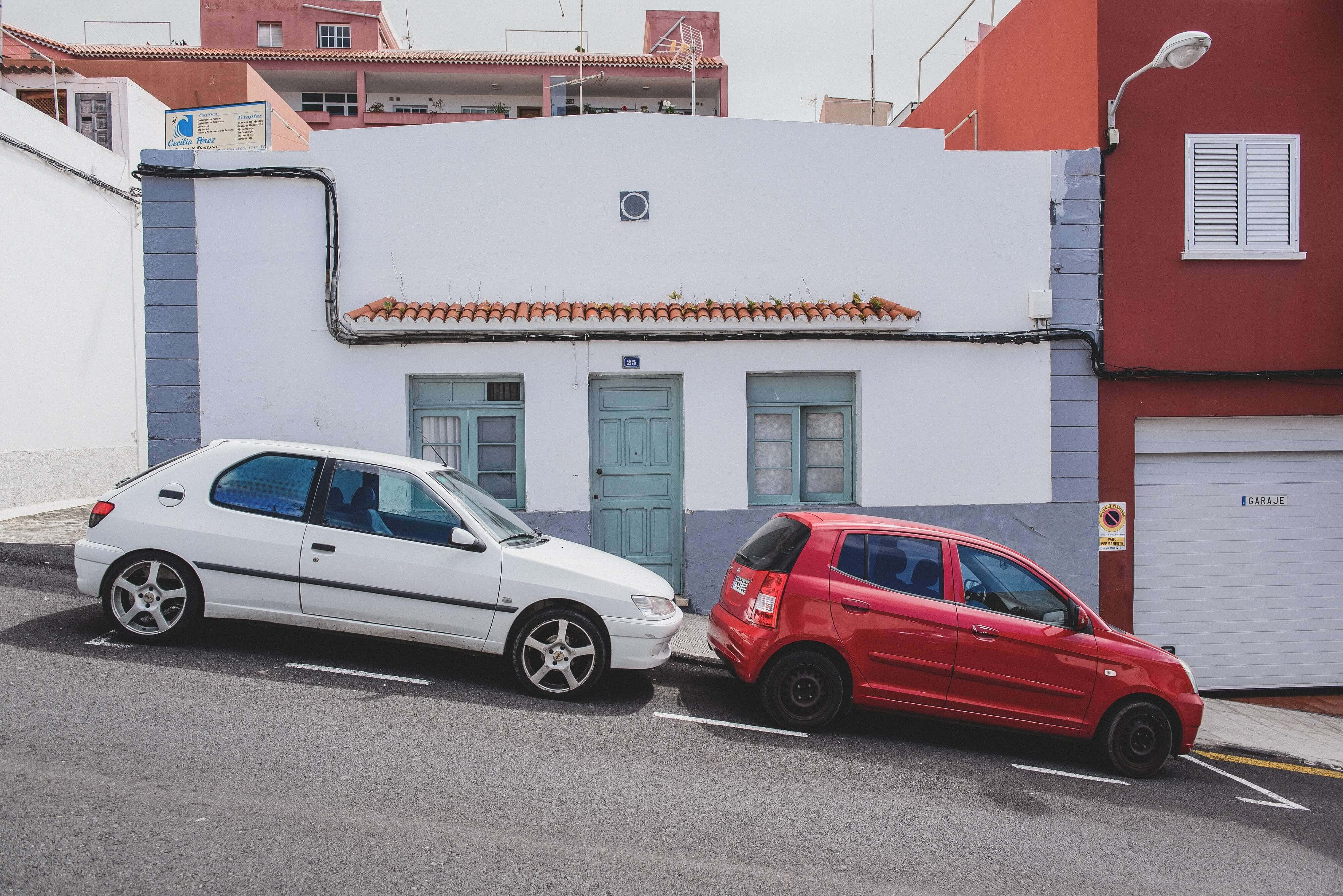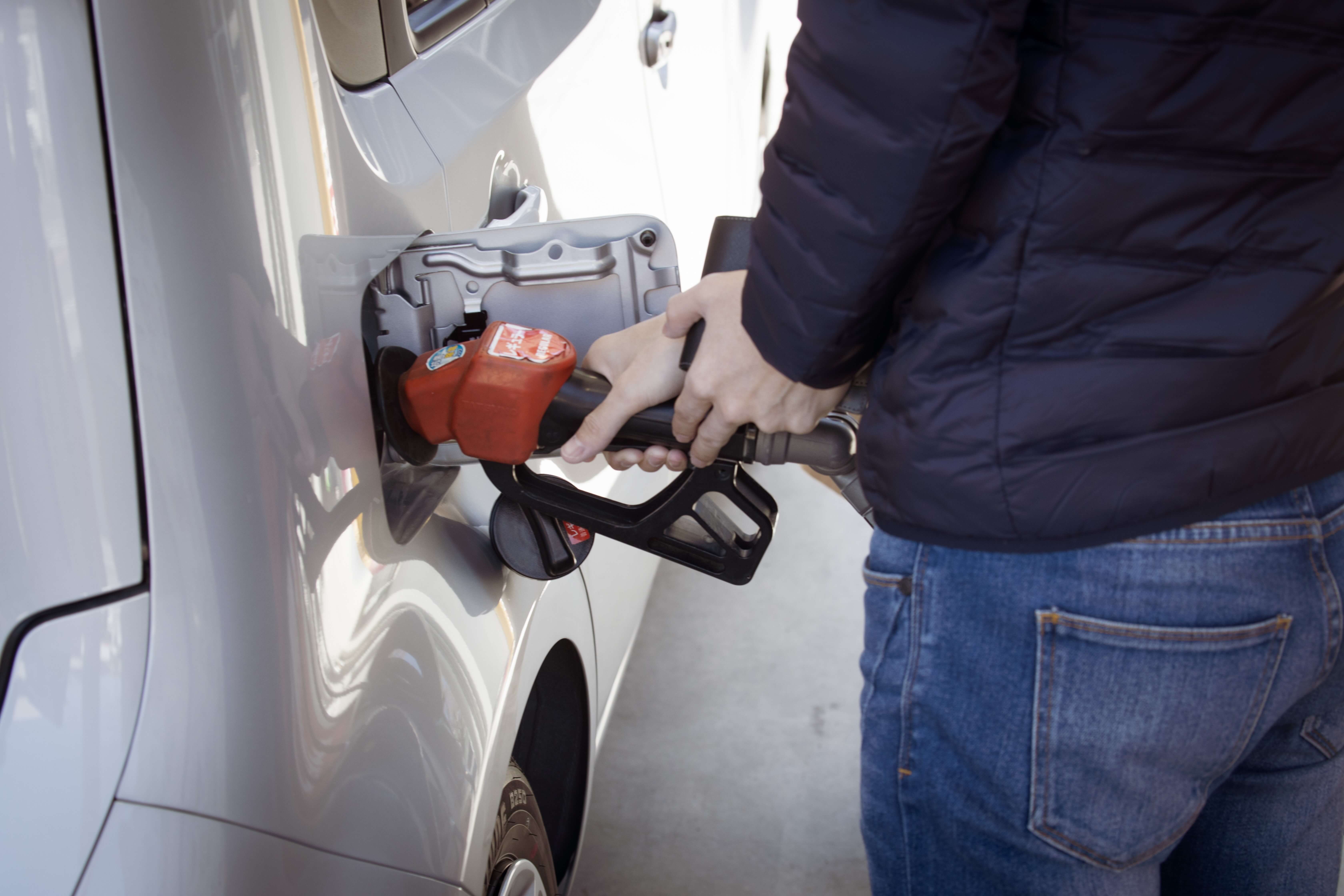October 1, 2025
February 4, 2021
As an American, having a car is a must. Unless you live in a big city like New York with great bus or subway options, driving a car is considered the American way of life. Since moving to Spain and losing automatic access to a driver’s license in the country, I have had the chance to experience life with and without a vehicle, so I can give you a lot of insight into the pros and cons of owning a car in Spain. Check it out!
Pro: It makes your commute to work easier
Depending on where you live, you might not have many transport options, especially for people living in the suburbs or rural areas. Even if there is a train, metro, or bus nearby, the number of times you have to switch can really affect how easy or long your commute is. Having a car is a good option in this case, if you don’t mind the traffic. In addition, having your own car means you won’t be held back by public transport delays, closures, or overcrowding. I can tell you, the 8am rush on the Madrid metro is never fun. Plus, you’ll also avoid the rain, wind, or worse weather on your walk to the nearest station.

Con: Parking Costs
If you live in a city, you’ll probably need to rent a parking space near your work and near your home. And with little space available, city parking can be expensive. Renting a parking space in Madrid, for example, will set you back between 70 and 150 euros per month, with the downtown areas being more expensive. If you decide not to invest in a parking spot and want to pay for street parking, can you park within the blue lines for 2-4 hours at a rate of around €1 per 30 minutes or the more exclusive green lines for 1-2 hours for around €2 per 30 minutes. Parking garages tend to charge on a per minute-basis with rates as high as €0.05 a minute in some areas, while overnight parking can range from 25-50 euros. Parkopedia offers a handy app to find available parking.
Pro: It will help you get groceries, furniture, and when moving house
Everybody in Europe knows that the big stores and shopping centers are usually located on the outskirts of town. I can’t tell you how many times we’ve hopped in the car to go to IKEA just to look around or to go grocery shopping at the “big Carrefour” in the suburbs. The little stores and bodegas in the city center are so much more expensive - and cramped - so sometimes it’s nice to go out to the giant shopping mall where you can browse tons of different stores and get everything all at once.
Not to mention that having a car makes it easier when transporting big items like furniture or when moving apartments. This is pretty much impossible to do via bus or metro. Of course, for massive items like your couch and bed you’ll still have to hire movers, but I can tell you that we’ve saved hundreds of euros in moving costs by transporting our clothes, kitchenware, and other manageable items by car rather than counting on movers to do it.

Con: Maintenance, Taxes, and Regulations
In Spain, you’re required to get a vehicle technical inspection at the ITV station occurring once a year for older vehicles and every two years for newer ones. Any repairs are up to you to fix - or you’re off the road. The ITV tests include checking your documentation, the exterior condition of the vehicle, and the functionality of the brakes, lights, tires, etc. Prices for the inspection typically range from 25-35 euros.
Don't forget about taxes!. The most common ones are the one-time registration tax in your municipality and the yearly road tax. If you buy a used car you will need to pay a transfer tax and if you import your car from abroad there will be import fees associated.
Finally, you should keep in mind the different regulations regarding vehicle emissions set by Spanish and European directives. This can severely affect your ability to use your car and limit where you can drive with your vehicle. For example, the Madrid Central zone prohibits non-residents and high-emission vehicles from accessing a specific area of downtown Madrid in order to reduce harmful emissions and combat the effects of climate change. If you live or work in an area like this, you need to find out what costs and regulations apply to you.
Pro: You can use it to reach a nearby city...or get out of the city
If you live in the countryside or a small town, you will probably want to take a trip to your closest big city every now and then. While living in the countryside gives you more living space and fresher air, cities tend to offer more cultural activities like museums and fine dining. When I lived in the suburbs of Madrid, the trains would stop running at 11pm, and since there was no metro line in our town, we would often drive into the city to be able to stay out as late as we wanted.
Alternatively, if you’re a city-dweller and you simply need to escape the hustle and bustle, a car is the best way to do so. Just two hours from where we live in Madrid are some of Spain’s best vineyards and wineries, and reaching these rural spots is nearly impossible by train or bus. Having a car lets us get out of the city as often as we want, and it's a great way to explore the lesser known areas of Spain. Check out my recommendations for the ultimate Spanish road trip!
Con: Gas costs
Gas in Spain is quite expensive if you’re comparing it to the prices we Americans normally enjoy. Whereas a gallon of gas normally ranges from about $2.50-$3.00 in America, a liter of gas in Spain hovers around 1.30€ (with 4 liters to a gallon, that’s over 5€ per gallon!) If you use your car every day, this can take a big chunk out of your budget, especially added to the overall costs of owning a vehicle.

Pro: You’ll be able to enjoy your favorite hobby
If you’re an active person who participates in many sports or hobbies, you’ll definitely need your own car. Let's just say, it's not exactly easy to take a bike or surfboard on public transport. Many areas that offer outdoor activities such as rock climbing, skiing, surfing, or hiking aren't easily accessible - or accessible at all - by public transportation. Thus renting a car, or having your own, is essential for outdoor enthusiasts.
All said, I do recommend having a car in Spain at your disposal, simply because it makes life easier when you really need to go somewhere. My husband and I like the freedom that having a car brings us when we want to take a spontaneous road trip or we need to jet over to the doctor or hospital for an appointment.
Keep in mind that you must have car insurance in order to be eligible to drive in Spain. Caser Expat Insurance offers everything from basic coverage to the highest level of coverage. If you're starting the process of driving in Spain, learn how to switch your license:
|
If you are searching for car insurance in Spain, Caser Expat Insurance has the right policy for you! |
.png?width=344&height=67&name=logo_caser%20(2).png)









Let Us Know What You Thought about this Post.
Put your Comment Below.